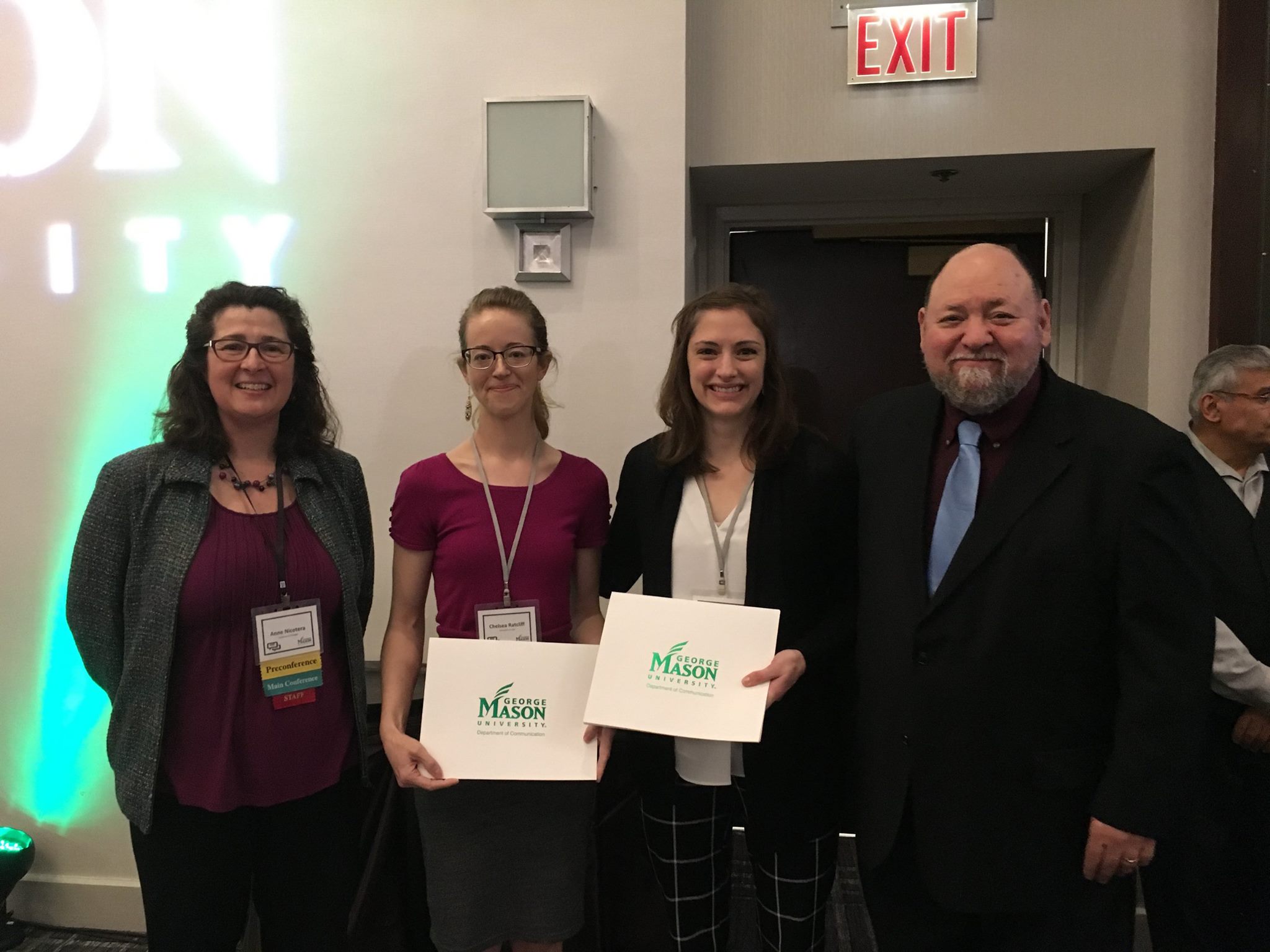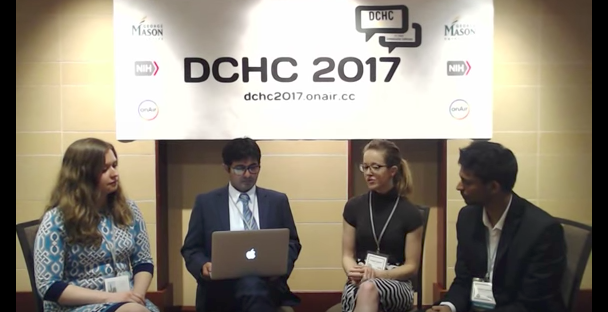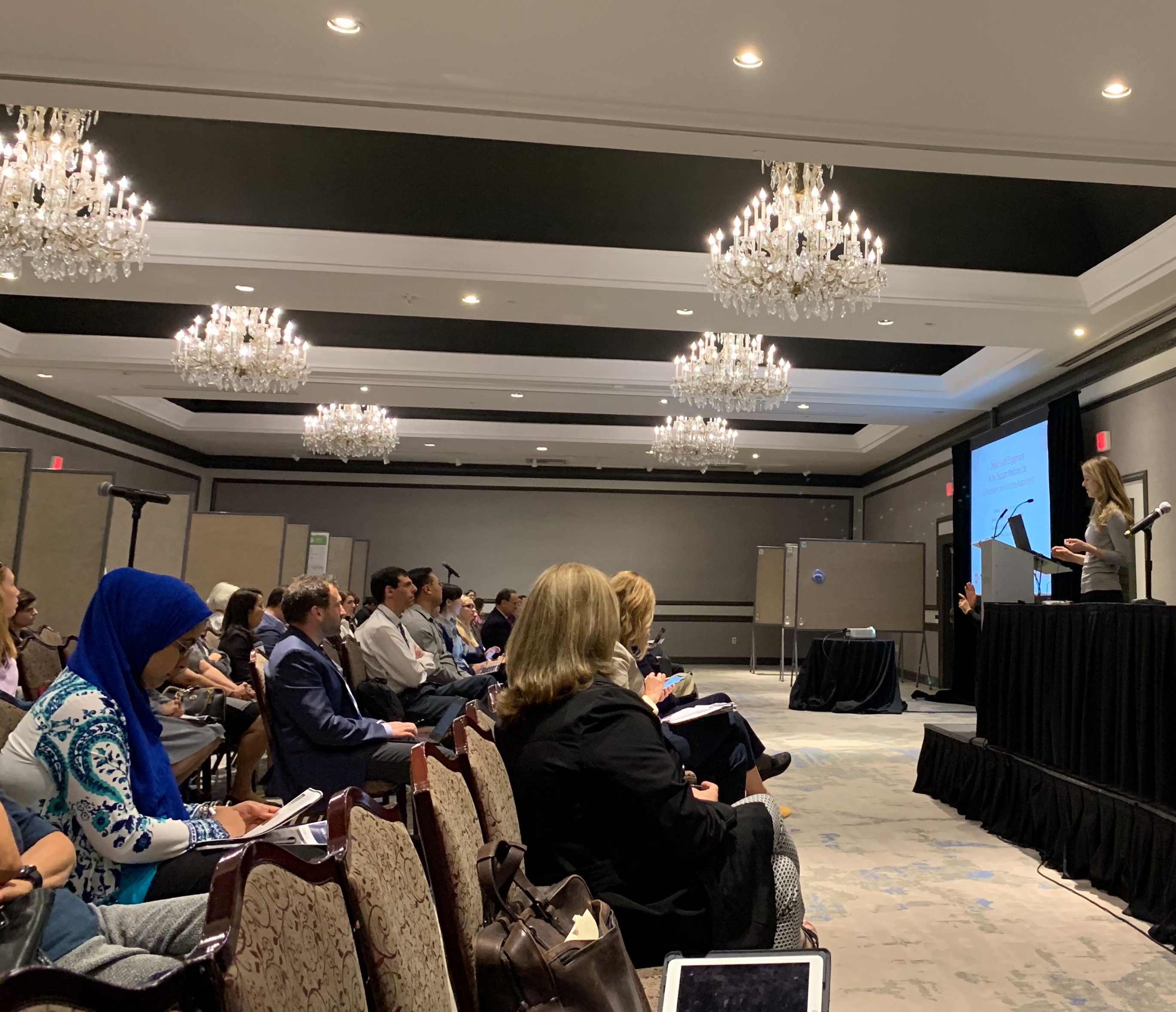Our paper, “Loss and Gain-Framing and Psychological Reactance: Impacts on Intentions to Exercise,” won Overall Top Paper award at the D.C. Health Communication (DCHC) conference this year. The conference theme was “Patient-Centered Health Communication.”
Exercise habits are difficult to change, but how recommendations are framed – as the benefitsof performing a behavior or the drawbacks of not doing so – can make a difference. For this study, we examined loss/gain framing and psychological reactance – two important concepts in message persuasion – in the context of exercise promotion.
We found that gain frames elicited less threat to freedom, which triggered a sequential chain of decreased reactance, increased attitudes, and increased intentions to exercise. In short, gain-framed exercise messages were more effective.
My coauthors were Jakob Jensen, Courtney Scherr, Katheryn Christy, Melinda Krakow, and Kaylee Crossley. I presented the paper at the DCHC conference in April 2017, and that’s me and Courtney accepting the award from Anne Nicotera and Gary Kreps. I also got to explain reactance theory in more detail in a segment that aired online.





